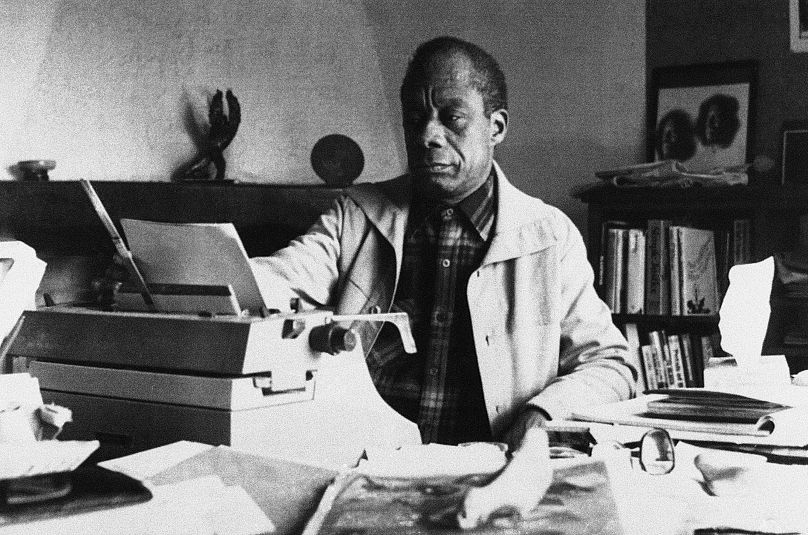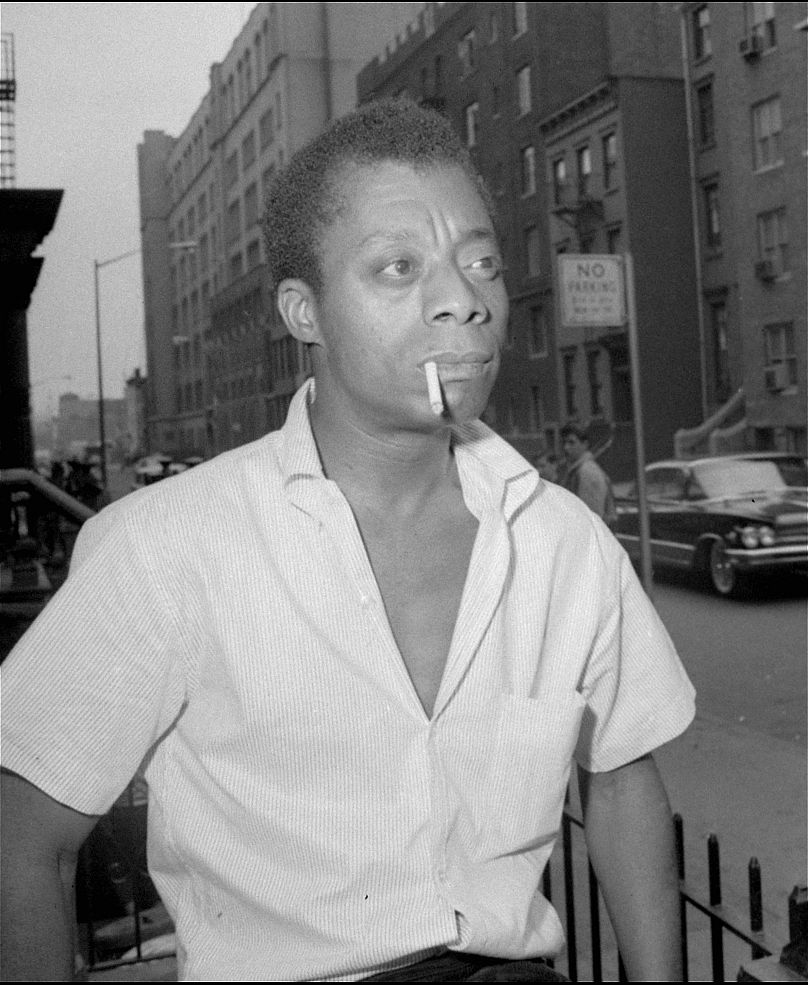2 August 1924: Happy Birthday James Baldwin
Were he still alive, today would be American writer James Baldwin’s birthday. Born on this day in 1924 New York City, Baldwin rose to fame as one of the most talented writers of a generation. His perspective as a gay Black man living through segregation, as well as his travels abroad, brought lucid insight into matters of sexuality, politics and race to his broad range of work across novels, poetry and non-fiction.
Baldwin grew up in Harlem but moved south to the Greenwich Village in his early 20s where he met actors and artists. Disillusioned by the racism of the US, he moved to Paris in 1948. There his fame grew as he established himself as one of the forefront minds discussing the plight of Black Americans.
It was during his time in Paris that Baldwin’s first major works were published. His first novel ‘Go Tell It on the Mountain’ was published in 1953 with his first essay collection ‘Notes on a Native Son’ following in 1955. In 1956, he published ‘Giovanni’s Room’. It’s probably the novel he’s most known for with its heartrending portrayal of a man torn by his sexuality while living in Paris.
After he returned to the US, he continued to publish. Next came my personal favourite of his novels, 1962’s ‘Another Country’, followed by his searing essay collection ‘The Fire Next Time’ in 1963. In his lifetime, he published six novels, including 1974’s ‘If Beale Street Could Talk’ which was adapted by Moonlight 's Barry Jenkins in 2018.
On 1 December 1987, Baldwin died of stomach cancer in Saint-Paul-de-Vence, where he had spent much of his last years. He was just 63 years old. His unfinished manuscript ‘Remember This House’ was adapted into the 2016 documentary I Am Not Your Negro in 2016 by Raoul Peck.
To celebrate his life, here are five of our favourite quotes from one of the 20th century’s greatest literary talents.
“To be a Negro in this country and to be relatively conscious is to be in a rage almost all the time.”
Asked what it was like to be Black in America by a radio journalist in 1961, Baldwin’s words have echoed through generations to resonate with a generation familiar with the Black Lives Matter movement.
“I love America more than any other country in the world and, exactly for this reason, I insist on the right to criticise her perpetually.”
As an outspoken critic of the US, Baldwin was no stranger to personal attacks against him. His belief in improving his country is one of the most powerful elements of his writing. Despite the fury in his words, there is always a tinge of optimistic hope.
“There are so many ways of being despicable it quite makes one’s head spin. But the way to be really despicable is to be contemptuous of other people’s pain.”
From ‘Giovanni’s Room’, it perfectly encapsulates one of the biggest themes of Baldwin’s most romantic novel. That beyond all else, we each deserve kindness more than anything else.
“Why am I going home? he asked himself. But he knew why. It was time. In order not to lose all that he had gained, he had to move forward and risk it all.”
These are the words a great actor asks himself when returning from Paris to New York in ‘Another Country’. Baldwin is, of course, known for his writings on sexuality and race most, but his time in Paris gave him wonderful insightful into the struggles of living away from home and the decision to return.
“I imagine one of the reasons people cling to their hates so stubbornly is because they sense, once hate is gone, they will be forced to deal with pain.”
From his essay collection ‘The Fire Next Time’. Baldwin always assured that America didn’t have a “race problem” but a “White problem”; here he explicates that it’ll only be when White America can come to terms with its hatreds that progress for them would be possible.













